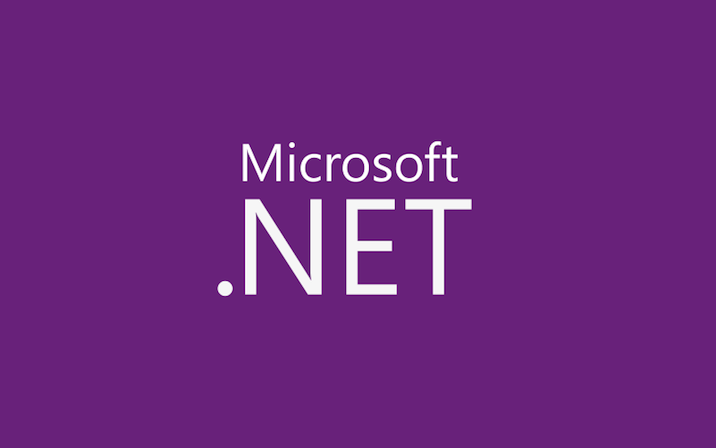


Don’t dispose of objects that you don’t own

Parallel For Loops over Non-Integral Types

Cancellation in Parallel Extensions

Tasks and the Event-based Asynchronous Pattern

How PLINQ processes an IEnumerable on multiple cores

Tasks and the APM Pattern

Achieving Speedups with Small Parallel Loop Bodies

Mechanisms for Creating Tasks


 Light
Light Dark
Dark